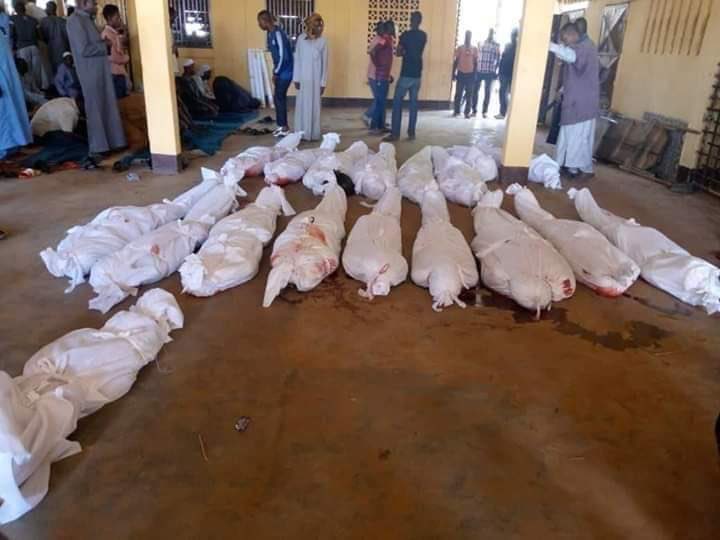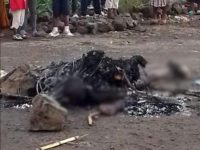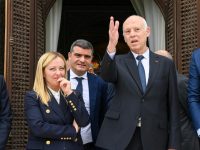In Bukavu, a woman protests in the streets against the authorities; the police shoot and…

Sudan, Attack in Geneina. At Least 70 Victims. Fear of the Janjaweed Returns to Darfur
Over 70 deaths, hundreds of injured, hospitals and schools attacked indiscriminately while in Khartoum they sit and watch. The attack by the Rapid Support Forces in El Geneina is as much the responsibility of the current Sudanese government as of past governments that armed the former Janjaweed militias. The massacre of the people of Darfur continues surreptitiously, silently, as UNAMID – United Nations – African Union Hybrid Operation in Darfur in southwest Sudan – proves once again that it is unable to ensure security as per the United Nations mandate.
In addition to the violence, it should be noted how serious the humanitarian situation remains. Recent data on the crisis in the western region of Sudan shows how the situation has not changed in Khartoum: marginalize, force people to escape, and annihilate the African ethnic groups from this strategic corner of Africa, four times the size of Italy.
In September, Pro-Arab militia, many of which have been perpetrating violence in Darfur since 2003, resumed raids and in three months they have forced thousands of people to flee, destroyed dozens of villages between Jebel Marra and Kor Abeche, and are responsible for countless victims.
Many of the areas hit cannot be reached by the African Union-United Nations peacekeeping mission deployed in the region to protect civilians, so it is impossible to verify the actual losses. But they are in the hundreds. UNAMID reported that the Rapid Support Forces (RSF) – formerly the Janjaweed militias recruited by the preceding government by order of former President Omar al Bashir, on whom an arrest warrant is pending by the International Criminal Court for war crimes and crimes against humanity – have maintained the same fierce methods of attack as the so-called “devils on horseback”, the Janjaweed.
The bloody attacks on villages and refugee camps in Darfur are clearly related to the paramilitary activities against the villages of the ethnic groups Masalit, Fur and Zaghawa.
The assaults are extremely cruel. The militia launch themselves on property and civilians en masse, causing countless victims. Fighting in Jebel Marra, the insurgents’ stronghold, soon spread to other areas of the western state of the region.
The situation in the south is very similar. Displaced people from the Kalma camp and other centers that receive people fleeing the areas hit by the new attacks, fear they are the RSF’s next target.
In recent weeks, vehicles and armed men have assembled near Um Kurdus and Marla, practically surrounding the entire district. And the fear of a rebellion led by Wahid al Nur, leader of the Sudan Liberation Movement, is quite substantial: the will to destroy any form of opposition against the centralized government of Khartoum through armed conflict, notwithstanding a democratic government is leading the country.
At least that’s what it looks like on the surface.




